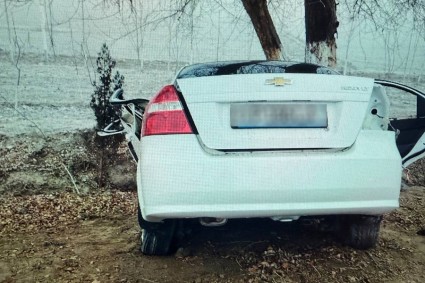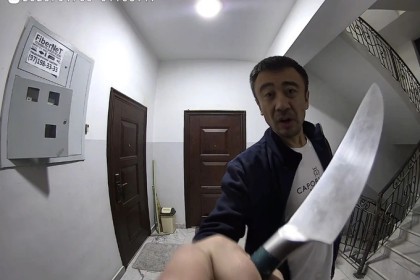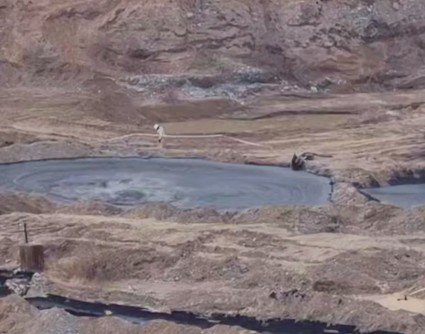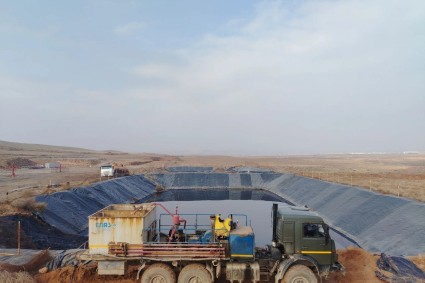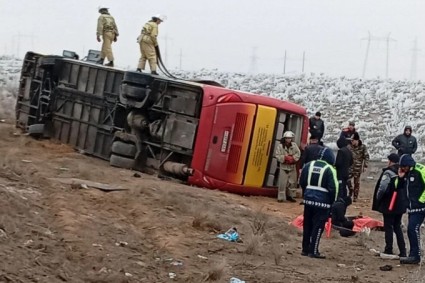On March 17, the U.S. Embassy handed over personal protective equipment (PPE) to the Agency for Sanitary and Epidemiological Wellbeing (ASEW) as part of the United States’ second PPE donation to Uzbekistan to prepare for the potential spread of the novel coronavirus disease, COVID-19.
The U.S. Agency for International Development (USAID) has allocated additional financing from its Emergency Reserve Fund for Contagious Infectious Diseases to countries affected by coronavirus or at risk of its spread, including Uzbekistan. U.S. Ambassador to Uzbekistan Daniel Rosenblum, praising the country’s preparedness, announced that this USAID assistance will further support Uzbekistan to prepare and respond to COVID-19.
“Novel Coronavirus disease, COVID-19, is a global public health threat that can be addressed only through close collaboration between governments and international organizations,” Ambassador Rosenblum said. “The U.S. Government is working closely with its Uzbekistani partners to support the country’s preparedness and response to this global outbreak.”
The PPE, donated by USAID includes 10,000 examination gloves, 10,200 masks, 1,400 isolation gowns, and 200 protective goggles. This equipment will be distributed to regional centers and cities across Uzbekistan.
“On behalf of the leadership of the Ministry of Health, represented by ASEW, we express our deep gratitude to the United States of America for supporting the Republic of Uzbekistan in preparedness and response against coronavirus infection. We greatly appreciate our close cooperation to improve the health and well-being of citizens,” said Chief Sanitary Doctor and ASEW Director Bahrom Almatov.
This PPE will protect and enable health workers in Uzbekistan to respond quickly and safely to treat COVID-19 patients in the country. The donated PPE is vital to reduce the infection risk facing frontline health workers.
The United States has been the world’s largest provider of assistance in public health. American taxpayers have generously made available more than $90 billion, through USAID and the U.S. Department of State, over the last decade to save lives, protect people who are most vulnerable to disease, and promote the stability of communities and nations around the world. USAID's investments have helped improve surveillance for deadly pathogens, strengthened laboratory systems, and refined risk-communications; funded the response to outbreaks of deadly illnesses; and addressed the rising threat of antimicrobial resistance.


